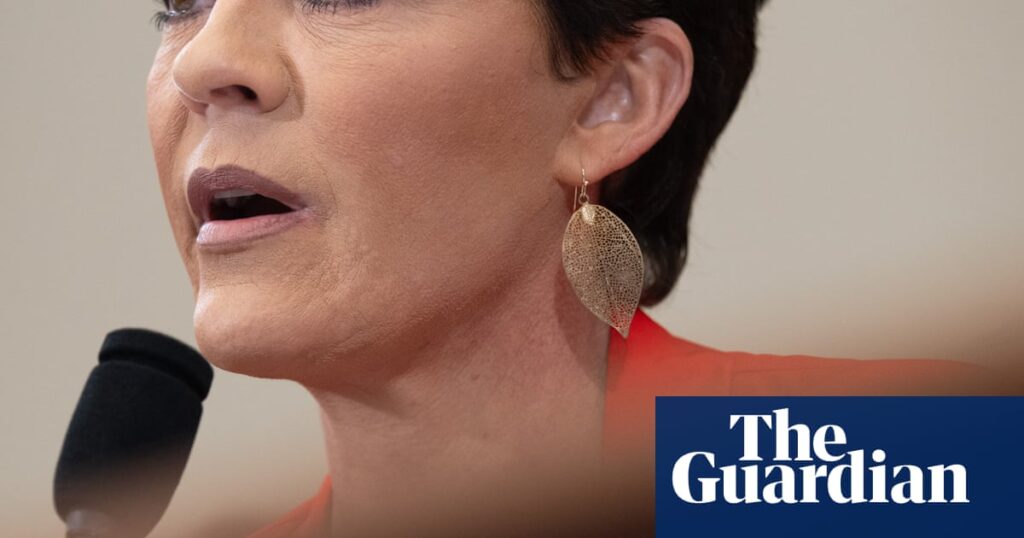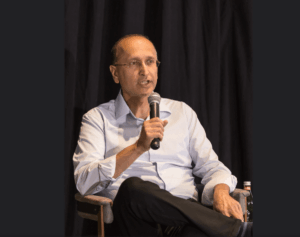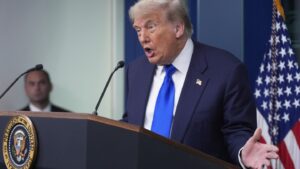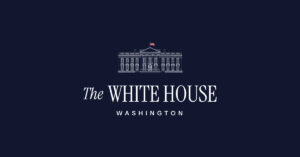
WASHINGTON, D.C. – In a surprising development, Voice of America (VOA) was reportedly used to broadcast President Donald Trump’s message to the Iranian people in Farsi during recent U.S. military strikes. The revelation was made by Trump’s senior adviser during a congressional hearing on Wednesday, raising questions about the traditionally independent news service’s role in presidential communications.
Immediate Impact
Kari Lake, appointed by Trump to oversee the U.S. Agency for Global Media, informed the House Foreign Affairs Committee that VOA crews operated over the weekend to deliver Trump’s message as bombing operations were underway. “I’m very proud to say that when President Trump, when the bombings happened over the weekend, on Saturday, when President Trump started to speak, we had a crew in on Saturday delivering President Trump’s message to the people of Iran in Farsi,” Lake testified.
Key Details Emerge
Historically, VOA has served U.S. interests globally by providing broader policy context and news. However, Lake’s comments suggest a shift towards more direct presidential communication. Lake, a former television anchor and Trump-endorsed political candidate, also addressed recent layoffs at VOA, which have reduced the agency’s workforce significantly.
639 employees were terminated at VOA last Friday, following the elimination of 1,400 positions since March.
Background Context
Founded in 1942 to counter Nazi propaganda, VOA has been a key component of U.S. broadcasting strategy, reaching millions globally. However, recent actions by the Trump administration have targeted the agency, branding it as “propaganda” and “leftist.”
During the hearing, Lake argued for the dissolution of VOA as an independent agency, suggesting its functions be integrated into the State Department, where it operated during its “glory days” in the 1940s and 1950s.
Expert Analysis
Three VOA journalists, engaged in legal challenges against the agency’s downsizing, expressed concerns over the future of independent journalism. They warned that the cuts could “spell the death of 83 years of independent journalism that upholds U.S. ideals of democracy and freedom around the world.”
“The move represents a significant shift from VOA’s traditional role,” said media analyst John Smith. “It raises important questions about the future of U.S. international broadcasting.”
What Comes Next
The hearing highlighted ongoing tensions between the Trump administration and VOA, with Lake making unsubstantiated claims about security screening failures at the agency. As the situation develops, the future of VOA remains uncertain, with potential implications for U.S. broadcasting strategy and international relations.
Meanwhile, industry experts warn of the broader impact on global perceptions of U.S. media independence and credibility. The timing is particularly significant as geopolitical tensions continue to rise.
According to sources familiar with the situation, further developments are expected as Congress evaluates the agency’s future and its role in U.S. foreign policy.
The story continues to unfold, with stakeholders closely monitoring the potential ramifications of these changes on the global media landscape.







